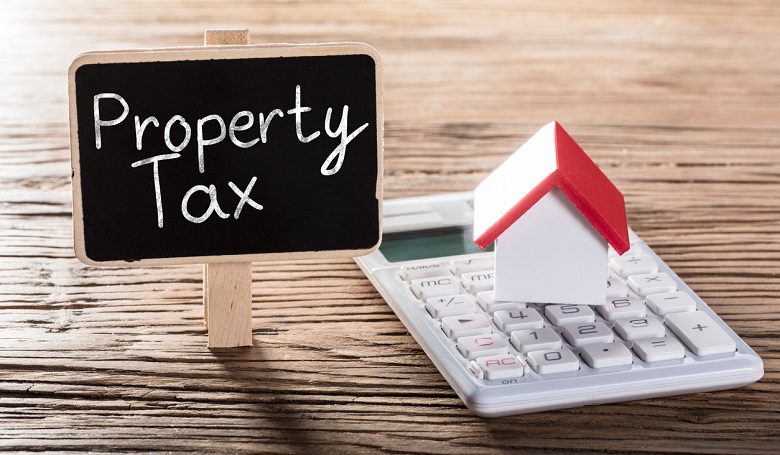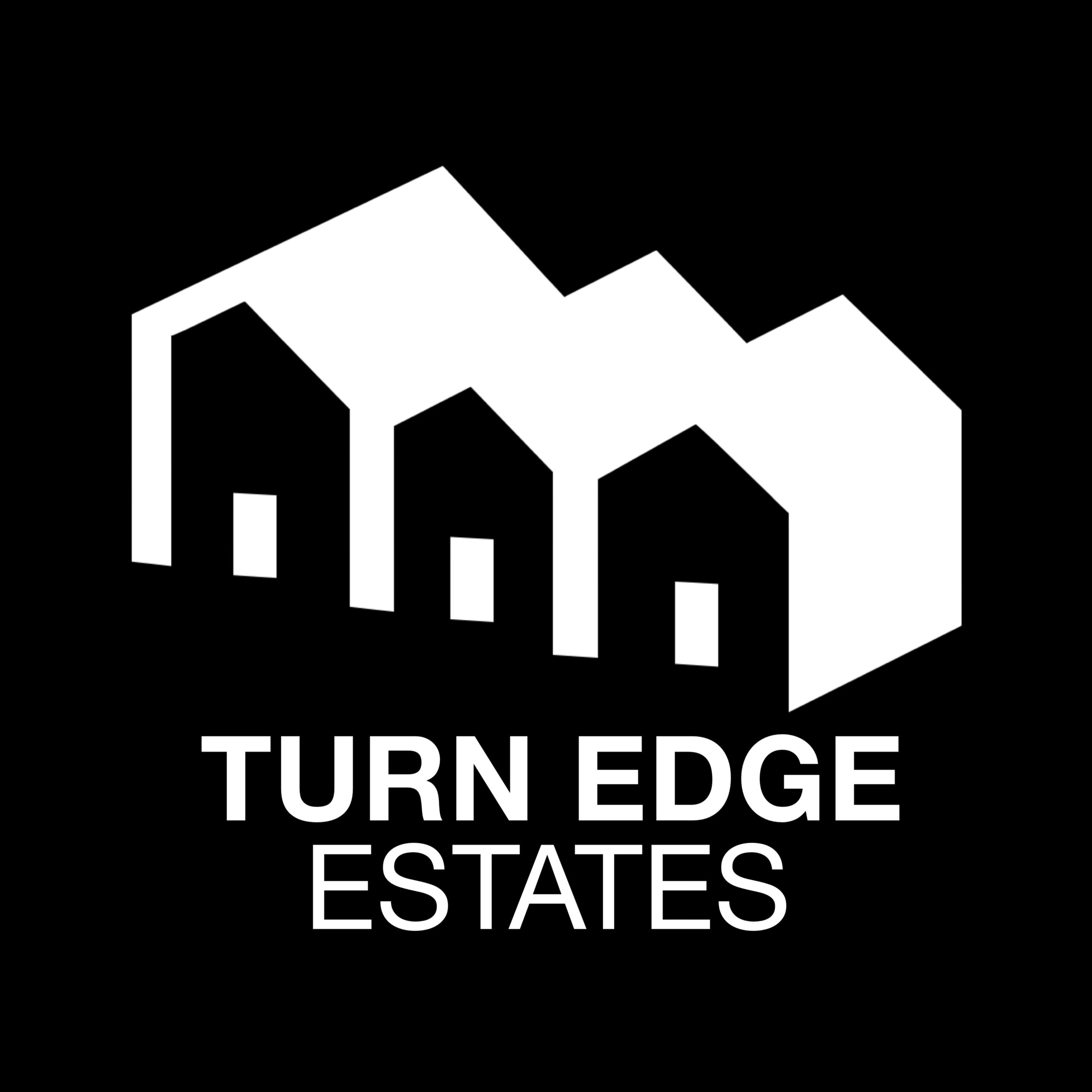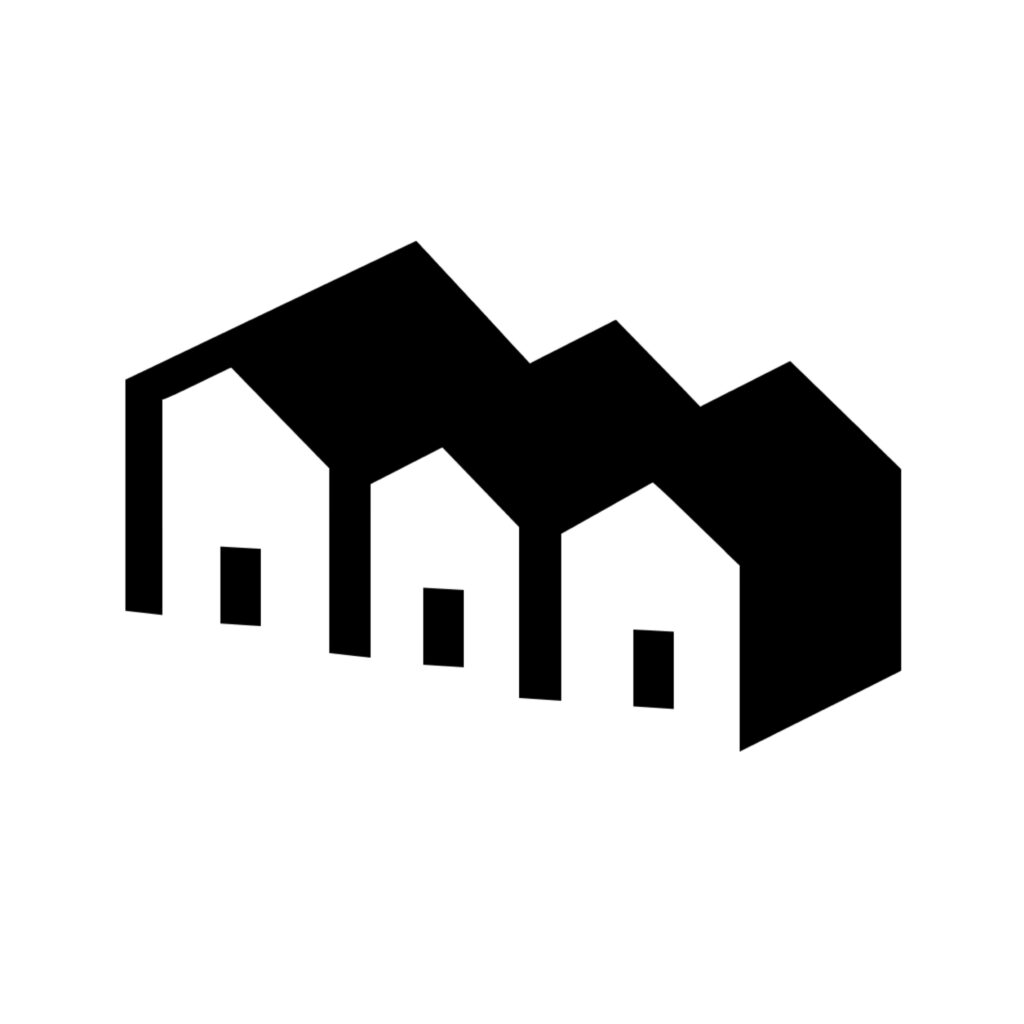Property taxes play a pivotal role in shaping real estate investments, impacting both immediate returns and long-term value. For investors, understanding local property tax rates is essential because cities with lower property tax rates may offer higher net profits—especially if the quality of public services remains high. In addition, property taxes in Charlotte are eligible for up to $10,000 itemized deductions, which can result in reduced taxable income for property owners. Whether you’re a homeowner or a real estate investor, understanding property taxes is crucial for assessing your financial positioning and making informed decisions. This article will break down the key aspects of property taxes in Charlotte, North Carolina, how they influence real estate, and how current and prospective property owners can navigate these property taxes effectively.

Key Takeaways: Impact of Charlotte Property Taxes on Real Estate
- Lower property taxes, in conjunction with high-quality public services, may present attractive investment opportunities for real estate investors looking to maximize their profits.
- Property owners may be eligible to deduct up to $10,000 in property taxes on their federal income tax returns. This can help reduce taxable income, potentially lowering your overall tax liability.
- By staying informed about property tax rates and the timing of tax assessments, property owners can plan their finances more effectively and avoid surprises when the tax bill arrives.
What Are Charlotte Property Taxes?
Property taxes in Charlotte are a primary source of funding for a wide range of local government services. These include public schools, public safety (police and fire departments), road maintenance, and other vital community services. Property taxes are levied on individuals as well as legal entities, such as corporations, that own real estate within the city.
Property Taxes Can Apply to Different Types of Real Estate, Including:
- Primary residences
- Second homes
- Rental properties
- Commercial real estate
As a property owner, it’s important to understand how these property taxes are assessed and how they can impact your investment. Property taxes are based on the assessed value of the property, which is not necessarily the same as its market value.
The Step-by-Step Process of Property Taxation in Charlotte
The process for determining property taxes in Charlotte is systematic and involves several key steps:
- The Mecklenburg County Assessor’s Office determines the assessed value of properties at least every four years. This assessment considers factors like the size, location, condition, and recent sales of comparable properties in the area. The assessed value may differ from the market value, as it is intended to reflect the value for property tax purposes rather than its potential sale price.
- Once the assessed value is determined, the property tax rate is applied. The local property tax rate includes county, city, and any applicable district taxes. Charlotte residents are subject to property taxes that fund local services such as police, fire protection, and public infrastructure.
- Property tax bills are typically mailed to property owners by July each year, and payment is usually due by September. Property owners can choose to pay their property tax bills in a lump sum or in monthly installments.
Charlotte Property Taxes by the Numbers: A Comprehensive Breakdown
North Carolina property tax rates are calculated per $100 of assessed value, and property taxes are based on the assessed value rather than the market value. Charlotte’s property tax bills combine multiple tax rates from the county, city, and municipal service districts. Notably, North Carolina does not have a state property tax.
To illustrate how property taxes are calculated in Charlotte, let’s break down an example:
Suppose a home in Myers Park, located within District 1 of Charlotte’s city limits, is assessed at $300,000 for the year 2025. The relevant property tax rates for this property include:
- Mecklenburg County Property Tax Rate: $0.48 per $100 of assessed value (to fund police, fire, and other services)
- Charlotte City Property Tax Rate: $0.28 per $100 of assessed value
- Municipal Service District Property Tax Rate: $0.01 per $100 of assessed value
Step-by-Step Calculation:
- Total Property Tax Rate: $0.48 (county) + $0.28 (city) + $0.01 (municipal district) = $0.77 per $100 of assessed value.
- Assessed Value: $300,000.
Property Tax Calculation:
$300,000 ÷ 100 = 3,000
3,000 × $0.77 = $2,310
Thus, the total annual property tax bill for a $300,000 property in Myers Park would be $2,310.
For a more precise estimate, property owners can refer to Mecklenburg County’s current property tax rates or consult the Office of the Tax Collector’s website.
Bottom Line
Property taxes have a significant influence on real estate investments, affecting both immediate financial outcomes and long-term property values. For investors and homeowners in Charlotte, understanding the local property tax structure and how assessments are made is essential to making informed decisions. As property taxes help fund crucial community services like schools, public safety, and infrastructure, they are an important aspect of maintaining the area’s quality of life. By staying up to date on property tax rates and processes, property owners can make more strategic decisions, ensuring that they are positioned for success while navigating the complexities of Charlotte’s local property tax system.
Sell Your Property Stress-Free and Avoid Property Tax Hassles with Turn Edge Estates
Our team offers fast, cash-based offers on properties, ensuring you get a fair deal without the hassle of waiting for bank approvals or dealing with lengthy processes. If you’re looking to sell your property quickly and efficiently while avoiding the stress of property taxes, contact Turn Edge Estates today. Let us help you maximize your financial opportunities with a straightforward, no-obligation cash offer for your home!

